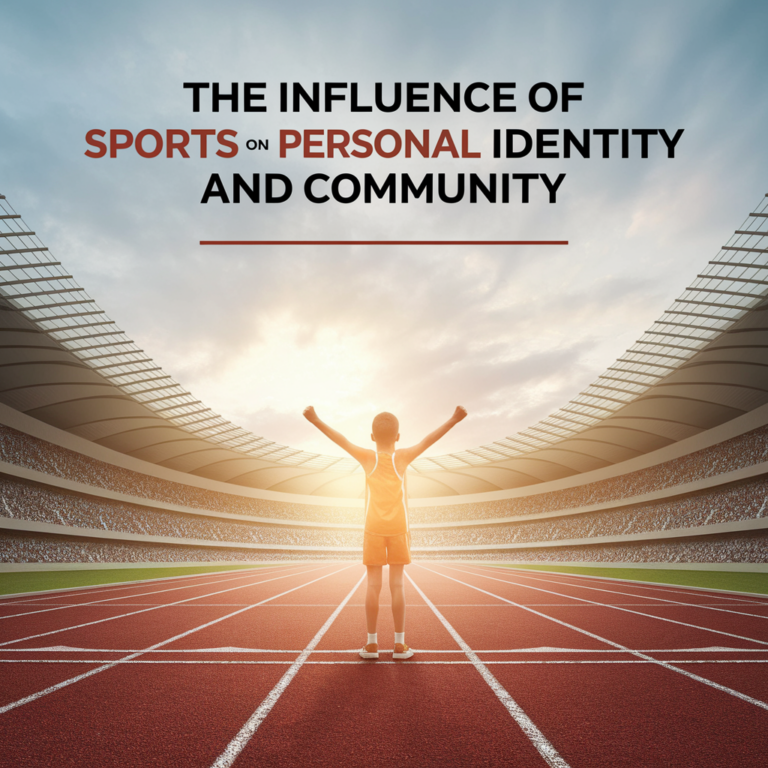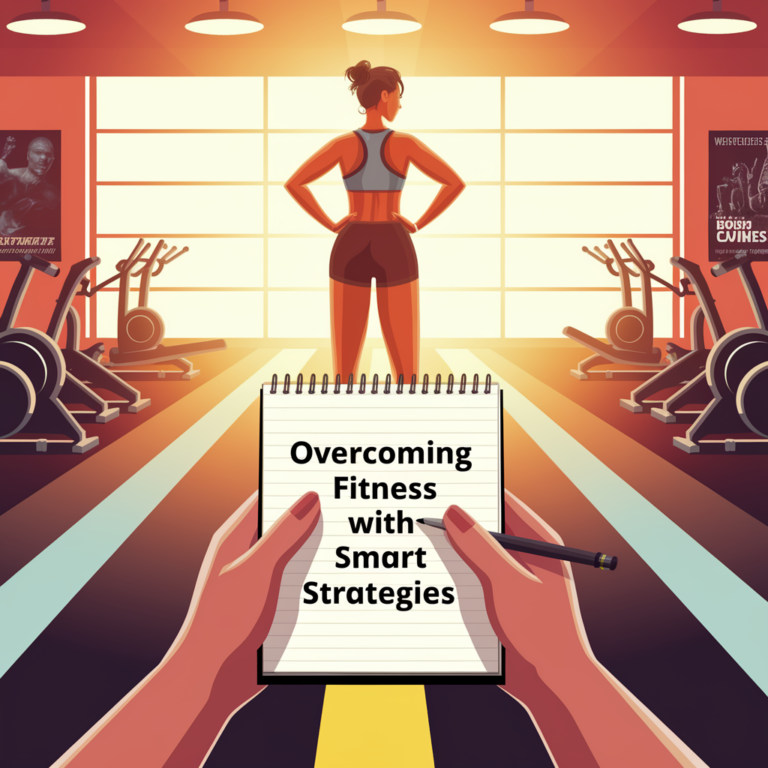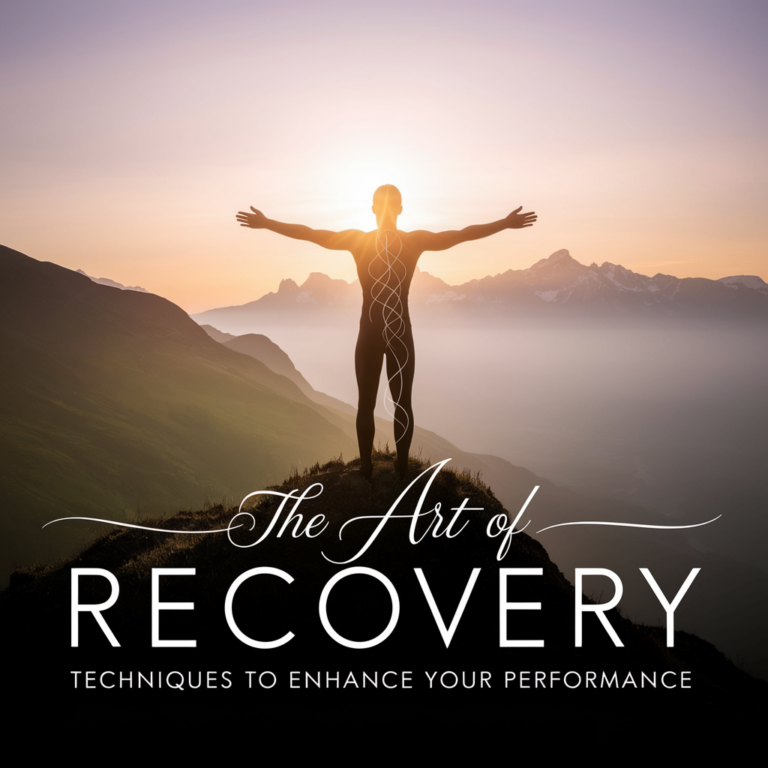Athlete Advocacy: How Sports Figures Are Championing Social Change
Not too long ago, I found myself scrolling through social media (as one does when procrastinating) and stumbled upon a video of LeBron James. He was passionately discussing the importance of voting rights in America. I remember thinking, “Wow, that’s not just a guy who can dunk.” It made me reflect on how athletes—those larger-than-life figures we often idolize for their physical prowess—are stepping up in ways beyond the game. They’re not just scoring points on the field; they’re scoring victories for social change. It’s pretty inspiring, and honestly, it got me wondering: how did we get here?
The Evolution of the Athlete as a Social Advocate
For ages, athletes have been viewed primarily as entertainers. I mean, let’s face it, we tune in to watch them break records and make jaw-dropping plays. But over the past few decades, that image has shifted dramatically. Now, athletes are increasingly seen as role models and activists. Remember the days when Muhammad Ali refused to fight in Vietnam? That was a bold statement back in the 60s, one that cost him his title and led to a lengthy legal battle. But, it also paved the way for athletes to use their platforms for something deeper than just sport.
Fast forward to today, and we see figures like Colin Kaepernick, who took a knee during the national anthem to protest police brutality and racial injustice. Love him or hate him, Kaepernick’s actions sparked a national conversation about race and inequality in America. And it’s not just him! From Serena Williams advocating for gender equality, to Megan Rapinoe fighting for equal pay in women’s soccer, the list of athletes championing social causes is long and varied. It’s like a new trend, but one that could actually change the world.
Social Media: The New Soapbox
Now, I’d be remiss if I didn’t mention social media’s crucial role in this advocacy. I mean, can you imagine if Muhammad Ali had Instagram? (Can you picture the hashtags? #FightThePower, anyone?) Social media has given athletes a direct line to their fans and the general public. It’s like they’re standing on a soapbox, but instead of a street corner, they’re in your pocket!
This direct line means that athletes can share their messages instantly. Just look at the way NBA players took to Twitter and Instagram to express their outrage over George Floyd’s murder. The hashtag #BlackLivesMatter wasn’t just trending; it was the rallying cry for many athletes who decided, “Hey, I can’t just sit back and do nothing.” They used their platforms to amplify voices, fundraise for causes, and educate their followers. And honestly, who doesn’t love a good educational post from their favorite athlete? (I’ll take my social justice lessons with a side of slam dunks, please.)
The Power of Teamwork Beyond the Field
Speaking of teamwork, it’s fascinating how athletes are banding together, transcending their individual sports to tackle social issues collectively. Take the NBA, for example. The league has a history of activism, but during the 2020 season, the players went above and beyond. They created the “NBA Restart” initiative, which not only aimed to resume the season amid a pandemic but also served as a platform to raise awareness about social justice issues. They wore jerseys with messages like “Vote” and “Black Lives Matter.” It was a unified front that said, “We care about more than just basketball.”
And then there’s the “Players Coalition,” a group of current and former NFL players who have focused on social justice reform. They’ve engaged with lawmakers, organized events, and raised millions to support community initiatives. It’s like they’ve realized that their influence extends well beyond the gridiron. Imagine if all of us took a page out of their playbook (pun intended) and decided to unite for a cause we believe in. What could we accomplish?
Challenges and Backlash
Of course, it’s not all sunshine and rainbows. Advocating for social change often comes with backlash. Athletes face criticism from fans who think they should stick to sports. I mean, have you ever read the comments section of an athlete’s social justice post? Yikes! It’s like a battlefield out there. But here’s the thing: many athletes are willing to risk their sponsorships and public image to stand up for what they believe in. That takes guts, right?
Take Naomi Osaka, for instance. She made headlines when she withdrew from a tennis tournament to protest racial injustice, and while some applauded her bravery, others were less than supportive. But that didn’t deter her. Instead, she used her platform to educate her audience about the issues at hand. It just goes to show that being an advocate isn’t always easy, but it can be incredibly impactful.
The Ripple Effect
So, what happens when these athletes speak out? Well, it creates a ripple effect. For one, it inspires fans and fellow athletes alike to join the conversation. I remember reading about how Kaepernick’s protest inspired high school athletes to take a knee during their games. Suddenly, the issue of racial injustice became something that wasn’t just discussed at the professional level, but at community levels too. How cool is that?
It’s also worth noting how these movements can lead to tangible change. In many cases, the conversations sparked by athletes have led to policy changes or new initiatives aimed at addressing systemic issues. For example, after widespread protests in 2020, several cities re-evaluated their policing policies. While we still have a long way to go, it’s clear that athlete advocacy is making a difference.
Personal Reflections: What Can We Learn?
Honestly, it’s pretty humbling to see athletes putting themselves out there for social causes. I can’t help but think about what I’m doing in my own life. Sure, I’ve tweeted about issues that matter to me, but am I really doing enough? It’s a question I think we all should ponder. We might not have the platform of a LeBron or a Serena, but we can still make noise in our own communities.
So, what can we learn from these athlete advocates? First, it’s about using your voice. Whether it’s through social media, community involvement, or simply having conversations with friends and family, every little bit counts. Secondly, it’s about collaboration. Athletes are showing us that by working together, we can amplify our messages and drive change. And lastly, it’s about resilience. Not everyone will agree with us, and that’s okay. What matters is that we stand firm in our beliefs.
Concluding Thoughts: The Game is Far From Over
As we look to the future, one thing is clear: the role of athletes as advocates is only going to grow. With the rise of social media and the increasing awareness of social issues, athletes are uniquely positioned to make an impact. And honestly, isn’t it refreshing to see people in positions of power using their influence for good? It’s like watching a last-minute buzzer-beater that changes the entire game.
So next time you’re watching your favorite sport, take a moment to appreciate the athletes who are using their platforms to advocate for change. They’re not just playing a game; they’re changing lives. And who knows? Maybe their actions will inspire the next generation to step up and make a difference, too. (And if they can do it in sneakers, then surely we can figure it out in our own shoes.)
In conclusion, let’s keep cheering for those who dare to advocate for what’s right. After all, the world needs more champions—both on and off the field.







